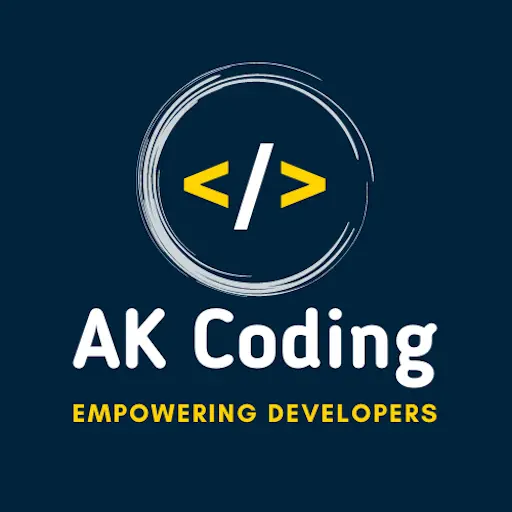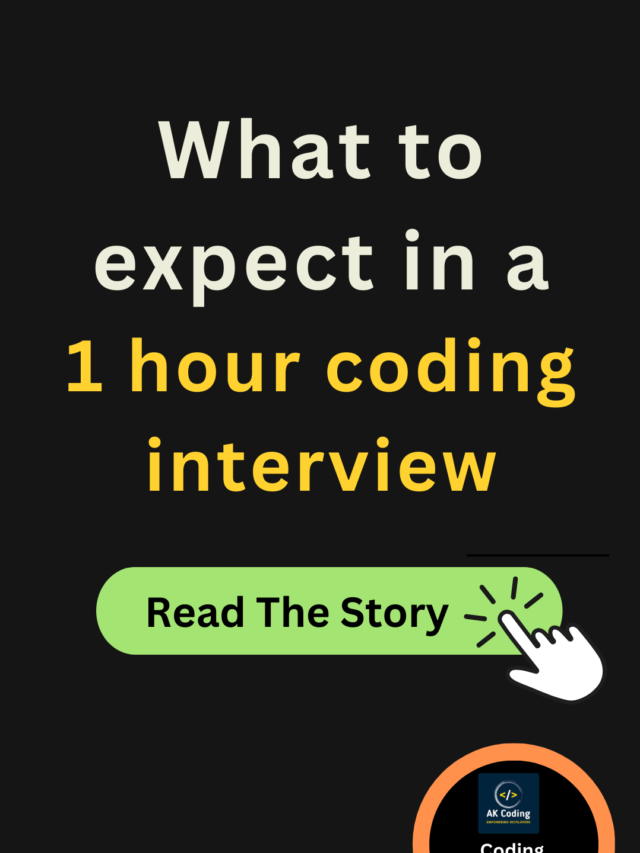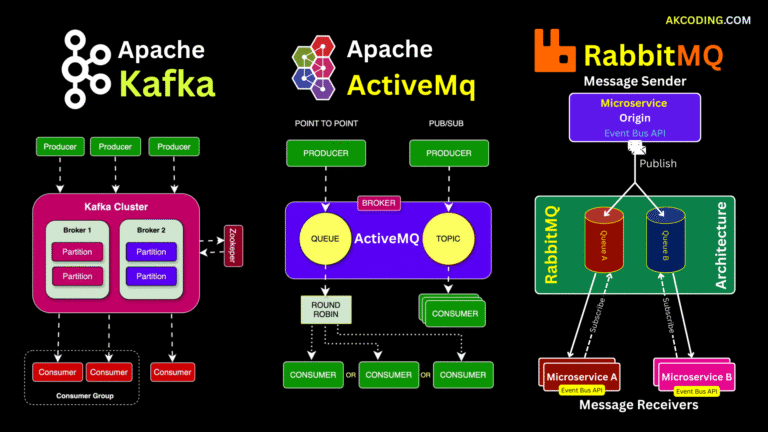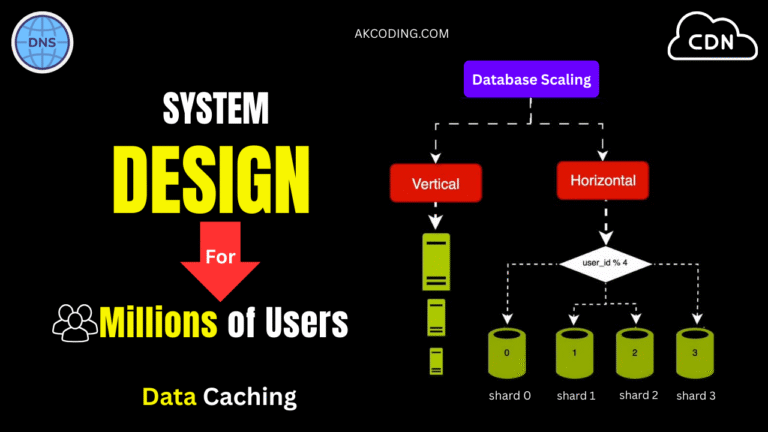How can I improve my coding interview? In the competitive world of software engineering, mastering the coding interview is a crucial step towards landing your dream job. Whether you’re a seasoned developer or just starting your career, honing your coding interview skills can significantly enhance your chances of success. In this article, we’ll explore some effective strategies to help you improve your performance and ace your next coding interview.

Table of Contents
1. Understand the Fundamentals
Before diving into advanced topics, ensure you have a solid understanding of fundamental concepts in computer science and software engineering. Review data structures, algorithms, time complexity, and object-oriented programming principles. Practice implementing common algorithms and data structures from scratch to strengthen your foundation.
2. Practice, Practice, Practice
Practice is key to mastering coding interviews. Dedicate time each day to solve coding problems on platforms like LeetCode, HackerRank, or CodeSignal. Focus on a variety of problem types, including array manipulation, string manipulation, sorting, searching, and dynamic programming. Regular practice will improve your problem-solving skills and build confidence.
3. Mock Interviews
Conduct mock interviews with friends, peers, or mentors to simulate the interview experience. Use platforms like Pramp or Interviewing.io to practice with experienced engineers. Mock interviews help you get accustomed to the interview format, receive feedback on your performance, and identify areas for improvement.
4. Analyze and Learn from Mistakes
After each practice session or mock interview, analyze your mistakes and learn from them. Review your code to identify bugs, inefficiencies, or missed edge cases. Understand why your solution failed and explore alternative approaches. Learning from mistakes is essential for continuous improvement.
5. Focus on Problem-solving
Approach coding problems systematically, breaking them down into smaller, manageable tasks. Clarify the problem statement, identify key requirements, and devise a plan before writing code. Consider different approaches and their trade-offs, and communicate your thought process with the interviewer.
6. Time Management
Time management is critical during coding interviews. Practice solving problems within time constraints to improve your speed and efficiency. Learn when to optimize your solution and when to prioritize correctness over speed. Practice strategies like coding incrementally, testing as you go, and handling edge cases efficiently.
7. Stay Calm and Communicate
Stay calm and composed during the interview, even when facing challenging problems. Communicate clearly with the interviewer, explaining your thought process, assumptions, and reasoning behind your solutions. Be receptive to feedback and open to discussing alternative approaches.
8. Stay Updated
Stay updated with the latest trends, technologies, and best practices in software engineering. Follow blogs, read books, attend webinars, and participate in online communities to expand your knowledge and stay current with industry developments. Continuous learning is essential for staying competitive in the field.
9. Build Projects
Build side projects to apply your coding skills in real-world scenarios. Work on personal projects, contribute to open-source projects, or participate in hackathons to gain practical experience and showcase your abilities to potential employers. Building projects demonstrates initiative, creativity, and problem-solving skills.
10. Seek Feedback and Iterate
Seek feedback from peers, mentors, or interviewers after each coding interview. Ask for specific areas where you can improve and incorporate the feedback into your practice routine. Iterate on your approach, refine your strategies, and track your progress over time.
In conclusion, improving your coding interview skills requires dedication, practice, and continuous learning. By mastering fundamental concepts, practicing regularly, conducting mock interviews, and seeking feedback, you can enhance your problem-solving abilities and excel in coding interviews. Remember to stay calm, communicate effectively, and approach each interview as an opportunity to learn and grow. With perseverance and determination, you can unlock success in your coding interviews and propel your career forward.






